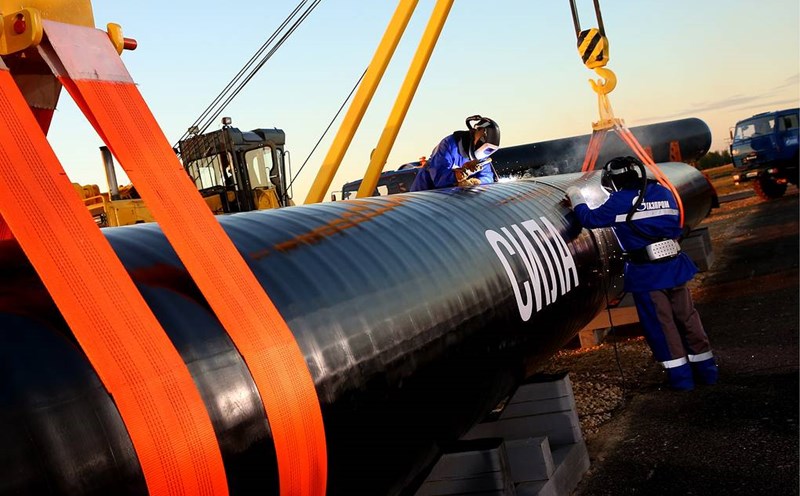The negotiations took place in the context of TikTok's upcoming deadline for divestment in the US and the proposal to impose tariffs on China - India for buying Russian oil, which increased the tension.
The talks were held at the Spanish Foreign Ministry headquarters in Madrid, with the participation of US Treasury Secretary Scott Bessent, US Trade Representative Jamieson Greer, Chinese Deputy Prime Minister He Lap Phong and Head of the Chinese Trade negotiation delegation Li Zheng Cuong.
This is the fourth round of direct dialogue since April, when Washington resumed a strong tax policy on Chinese goods.
One of the hot issues is TikTok. The US government requires parent company ByteDance to divest all capital from operations in the US before September 17, otherwise the application will be blocked. However, observers predict that this deadline is likely to be extended, as it will be difficult to complete the transfer process in just a few days.
In addition, the US continues to urge the G7 and the European Union to impose additional tariffs on goods from China and India, aiming to pressure the two countries to stop buying Russian oil - a major source of revenue for Russia's war in Ukraine. The proposal was met with backlash from Beijing, when China accused the US of abusing export control and weaponizing trade.
The Madrid meeting also discussed a temporary agreement reached in July, according to which the US postponed the imposition of some additional retaliatory tariffs. However, the deal expires in November, forcing both sides to soon find a long-term solution.
Neither Washington nor Beijing are expecting a breakthrough in Madrid. The main goal is to maintain dialogue, prevent tensions from escalating and pave the way for a possible high-level meeting between President Donald Trump and General Secretary and President of China Xi Jinping in the coming time.
Experts say that the US linking trade issues with TikTok and Russian oil complicates negotiations, while China finds it difficult to accept too many dumping. However, the world's two largest economies are still forced to maintain an exchange channel to avoid the risk of a comprehensive confrontation.








